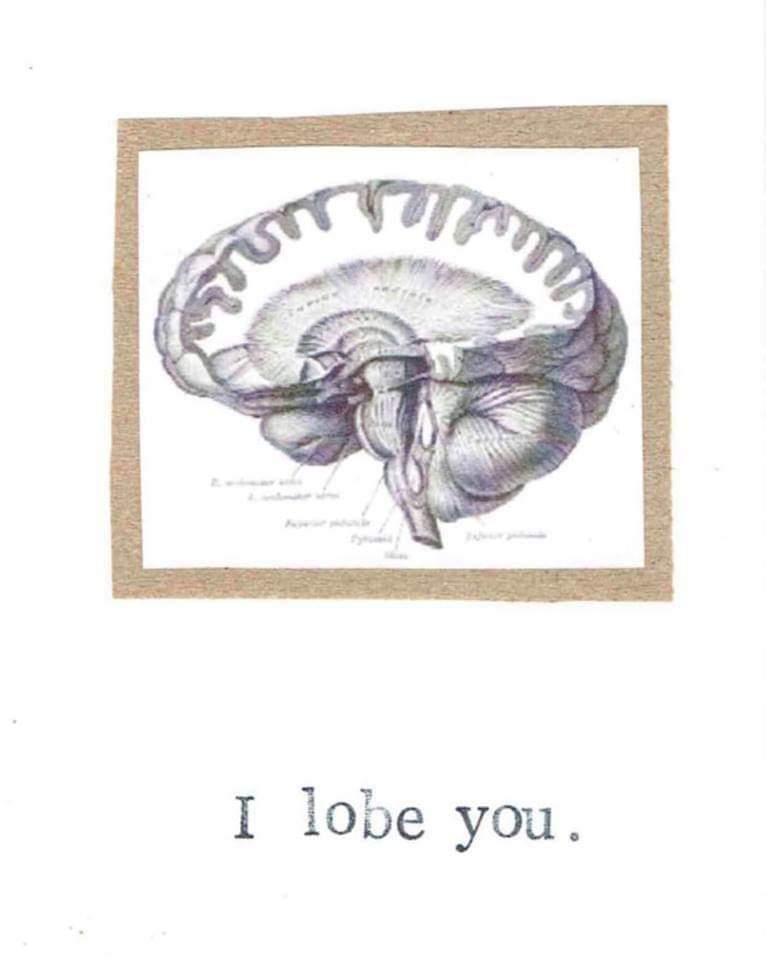How being a parent could differentiate your OT approach

Here you will read 2 distinctive differences that you realise as a paediatric OT when you become a father or a mother.
1. Having one or more children can be the most life-changing event in your life.
From the non-children life, where you had to think about your personal wellbeing, your evolution and your dreams, now you have another human being that her evolution depends on you. And your partner of course, where there is one. You are now the secure base and the immediate environment. Upon the term immediate environment, neuroscientists nowadays make a direct connection. It's called Neuroplasticity. In regards to the parenting and raising children you may also simply call it Neurodevelopment.
So, be a parent means you forget about your wellbeing, your evolution and your dreams. Right?
Wrong!
The child comes (usually around 6-7 months after you have realised you are expecting one) and your life turns upside down. You will inevitably decrease your sleep and other little routine pleasures and needs. Stay calm and organised, and continue with your plans with some adaptations.
Your child needs you more than anything in the world but from your side, you need the changes to come smoothly.
And keep up with your evolution plans.
Do not quit your job, do not stop chasing your friends to meet and catch up, do not stop working out, do not stop flirting (with your other half! of course), do not stop reading books.
2. You observe, experiment and practice all developmental milestones in vivo.
You have studied in the past the role and importance of knowing the stages of the development from day 1 until the child grows and transitions to secondary settings. All in Theory though!! You may have also seen hundreds of cases, but never lived 24/7 with one.
Now, that you are a parent (or auntie/uncle), you have the case in your house (or you brother's/sister's house), you feel and sense what it takes to achieve a developmental milestone, you create your own database of achievements within age ranges and you basically connect theory with practice.
Now, you will empathise better with all the parents you have been treating, as you are getting more capable to understand the struggle with timings, work, relationships and other environmental factors that you had absolutely no idea that were camouflaged behind your clients/patients words and behaviours.
***This article is dedicated to my beloved wife who was so brave and cool when gave birth to our 4th child last Monday morning on the 19th Sep '22!!
